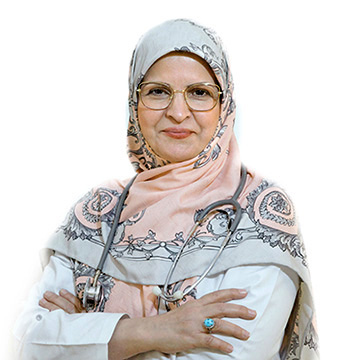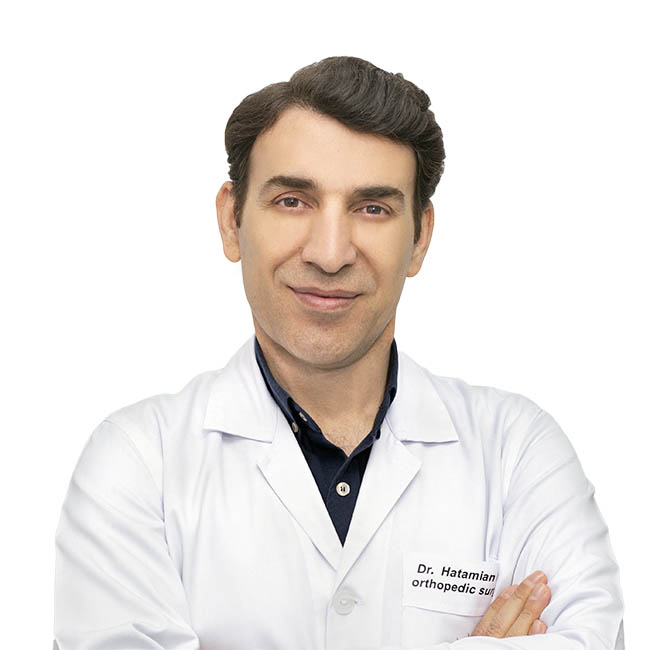Allohemopathy
What is the treatment method of alhomeopathy in traditional medicine?
Allhomeopathy is not a recognized term in traditional medicine. However, you may mean a combination of two different systems of medicine: allopathy and homeopathy.
Allopathy, also known as traditional or western medicine, is a medical system that uses drugs and interventions to treat disease. Homeopathy, on the other hand, is a system of alternative medicine that uses highly diluted substances to stimulate the body's natural healing processes.
The combination of allopathy and homeopathy is often known as integrated medicine, and the treatment method can be different depending on the specific conditions being treated and each patient. In general, integrative medicine may include a combination of conventional and homeopathic remedies, as well as lifestyle changes and other holistic therapies.
Integrative medicine may be appropriate for people who are interested in a more holistic approach to health care, or who have not been relieved of conventional medical treatments alone. However, it is important to pay attention to homeopathy
The drugs are not regulated by the FDA, and there is limited scientific evidence to support their effectiveness in treating many medical conditions. It is important to work with a licensed and experienced healthcare professional
Integrative medicine to determine the most appropriate treatment approach for an individual's specific needs and medical condition.
What are the benefits of alhomeopathy treatment in traditional medicine and for which people is it suitable?
As I mentioned before, allhomeopathy is not a recognized term in traditional medicine. However, if you are referring to the combination of allopathy and homeopathy, often referred to as integrative medicine, some of the potential benefits of this approach may include:
Holistic approach: Integrative medicine takes a more holistic approach to health care and focuses on a person's overall health and well-being rather than treating the symptoms of a specific disease.
Personalized treatment: Integrative medicine may involve a more personalized treatment approach, taking into account the individual's unique medical history, lifestyle, and preferences.
Combination of modalities: Integrative medicine may include a combination of conventional and homeopathic remedies, as well as lifestyle changes and other holistic therapies, which may be more effective for some people than conventional treatments alone.
Fewer side effects: Homeopathic medicines are often very diluted and may have fewer side effects than conventional medicines, which can be attractive to some people.
Potential cost savings: In some cases, integrative medicine may be more cost-effective than conventional medicine because it may involve fewer drugs or procedures.
Integrative medicine may be appropriate for people who are interested in a more holistic approach to health care, or who have not been relieved of conventional medical treatments alone. However, it is important to note this point
Homeopathic remedies are not regulated by the FDA, and there is limited scientific evidence to support their effectiveness in treating many medical conditions. It is important to work with a licensed health care professional
Experience in integrative medicine to determine the most appropriate treatment for an individual's specific needs and medical condition




